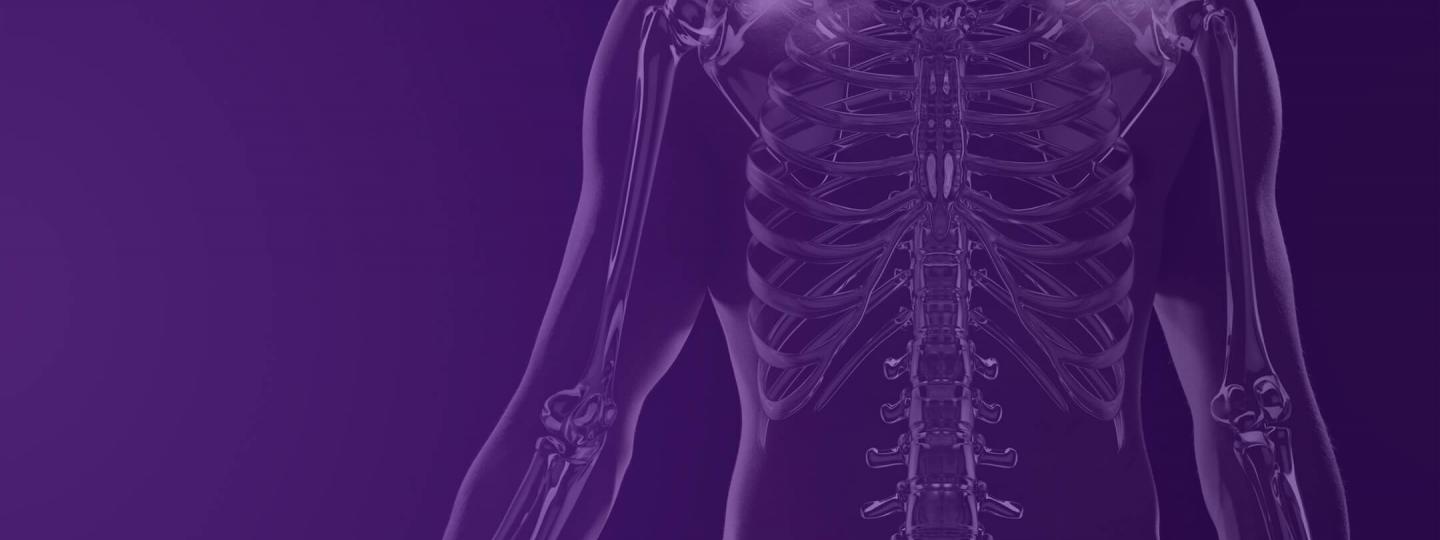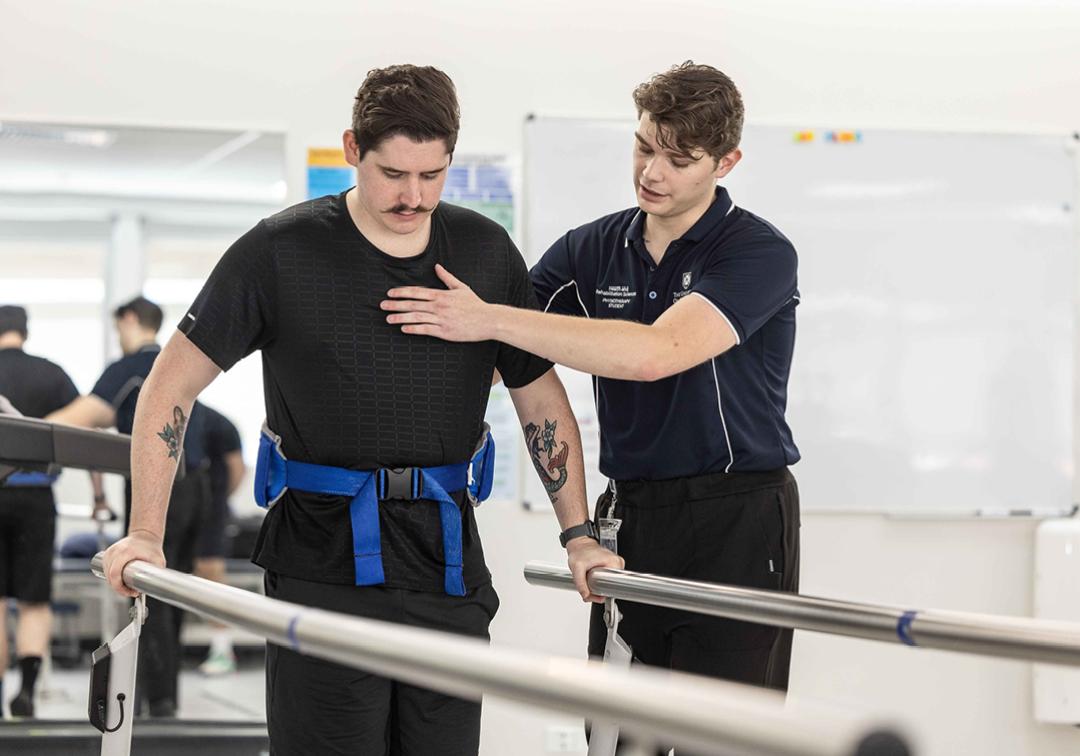
Graduate Certificate in Mental Health
Overview
Develop professionally and open pathways to your masters with the Graduate Certificate in Mental Health.
UQ’s mental health programs provide systematic training designed to develop knowledge, skills and attitudes relevant to contemporary mental health practice. You'll receive advanced training in a variety of evidence-based interventions and the theoretical principles that underpin them.
Teaching is provided by highly experienced practitioners and researchers, many of whom have national or international reputations for scholarship and professional practice. You'll have the opportunity to undertake both structured and independent learning assignments and study in a flexible environment that respects concurrent professional commitments.
This program is an introduction to the specialist knowledge and skills required for mental health practice. You'll learn about the framework for mental health practice (policy, law and models of service delivery) and acquire clinical knowledge and skills in areas such as assessment, treatment planning and widely used therapeutic interventions.
For qualified applicants, Graduate Certificate courses form part of the masters and graduates may articulate into the Master of Mental Health.
Program highlights
- Study courses that extend your knowledge and skills in mental health practice, including assessments, counselling, treatment options and legislative frameworks.
- Learn from highly experienced practitioners and researchers, many of whom have national or international reputations for scholarship and professional practice.
- Enjoy a flexible study environment that respects your concurrent professional commitments.
How you'll learn
Your learning experiences are designed to best suit the learning outcomes of the courses you choose.
- Lectures
- Tutorials
- Online study
- Workshops
What you'll study
At UQ, degrees are called 'programs' and subjects are called 'courses'. Here's a sample of the courses you could study in this program:
- Understanding Mental Health and Psychotherapeutic Interventions
- Ethics and Mental Health Practice
- Common and Specific Factors in Mental Health Treatments
- Human Development and Relationships Across the Life Span
Career possibilities
Postgraduate study can take you anywhere. Here are some of the careers you could be on your way to:
- Counsellor
- Mental health services manager
- Mental health support worker
- Community mental health practitioner
- Mental health clinician
- Patient assessor
- Health and well-being consultant
Events
See all events
9 June
Master of Physiotherapy information webinar
Stories
See all stories
UQ people
Turning her curiosity into a healthcare career
4-minute read

Careers
Transform your career with 4 business psychology courses
3-minute read

Uni life
What’s it like to study business psychology as a postgraduate?
5-minute read
Stories
See all stories
UQ people
Turning her curiosity into a healthcare career
4-minute read

Careers
Transform your career with 4 business psychology courses
3-minute read

Uni life
What’s it like to study business psychology as a postgraduate?
5-minute read
Entry requirements
Entry requirements
To be eligible for entry, you'll need:
- a bachelor's degree (or equivalent) in health or social work, plus 1 years full-time equivalent relevant work experience in a mental health setting, or
- a bachelor's degree (or equivalent) in any discipline, plus 2 year full-time equivalent relevant work experience in a mental health setting, or
- to have completed post-secondary studies and have 5 years full-time equivalent, relevant work experience in a mental health setting. Applications based on post-secondary study and work experience will be assessed individually.
You must have a grade point average (GPA) of 4.0 on a 7-point scale in your previous qualification. When you apply for the program, you'll need to provide:
- the work experience assessment form to demonstrate your relevant work experience in mental health.
- a bachelor's degree (or equivalent) in health or social work, plus 1 years full-time equivalent relevant work experience in a mental health setting, or
- a bachelor's degree (or equivalent) in any discipline, plus 2 year full-time equivalent relevant work experience in a mental health setting, or
- to have completed post-secondary studies and have 5 years full-time equivalent, relevant work experience in a mental health setting. Applications based on post-secondary study and work experience will be assessed individually.
You must have a grade point average (GPA) of 4.0 on a 7-point scale in your previous qualification. When you apply for the program, you'll need to provide:
- the work experience assessment form to demonstrate your relevant work experience in mental health.
Related programs
Depending on your previous qualifications and current goals, you might want to consider
one of these related programs:
Student visas
International students who are accepted into full-time study in the Graduate Certificate in Mental Health are eligible to apply for an Australian student visa (subclass 500).
There are a number of requirements you must satisfy before a visa is granted, including the Genuine Student (GS) requirement.
Fees and Scholarships
Indicative annual fee
Approximate yearly cost of tuition (8 units). Your fees will vary according to your selected courses and study load. Fees are reviewed each year and may increase.
$4,770
2026
Approximate yearly cost of tuition (8 units). Your fees will vary according to your study load. Fees are reviewed each year and may increase.
Fee information for this program is not yet available.
Government assistance
Financial aid
As an international student, you might be eligible for financial aid – either from your home country, or from the Australian Government.
HECS-HELP
Domestic places in the Graduate Certificate in Mental Health are Commonwealth supported, as long as you meet all Commonwealth supported place eligibility requirements.
This means the cost of your education is shared between you and the Australian Government. Instead of tuition fees, Commonwealth supported students pay what are called student contribution amounts.
If you have a Commonwealth supported place, you may also be eligible for HECS-HELP. This is an Australian Government loan scheme to assist eligible students with the cost of their student contribution amounts.
Centrelink support
The Australian Government offers a number of income-support payments to eligible Australian university students.
Scholarships
You may be eligible for more than 100 scholarships, including:
How to apply
Applying online
All international applications should be submitted to UQ. If you prefer, you can use an approved UQ agent near you.
The program code for the Graduate Certificate in Mental Health is 5040.
Applying online
All domestic applications should be submitted to UQ.
The program code for the Graduate Certificate in Mental Health is 5040.
Important dates
The closing date for this program is:
Visa processing times vary. Apply and accept your offer as early as you can.
To learn more about UQ dates, including semester start dates, view the Academic Calendar.
Important dates
The closing date for this program is:
- To commence study in Semester 1 - January 31 of the year of commencement.
To learn more about UQ dates, including semester start dates, view the Academic Calendar.
Aboriginal and Torres Strait Islander applicants
For support with applying – or if you have any questions about university life – get in touch with our Aboriginal and Torres Strait Islander Studies (ATSIS) Unit.
Explore other programs
Express yourself. And your interest.
They say choosing a degree is hard, which is why we've made it easy. Register your interest and we'll send you everything you need to know about applying to UQ.



